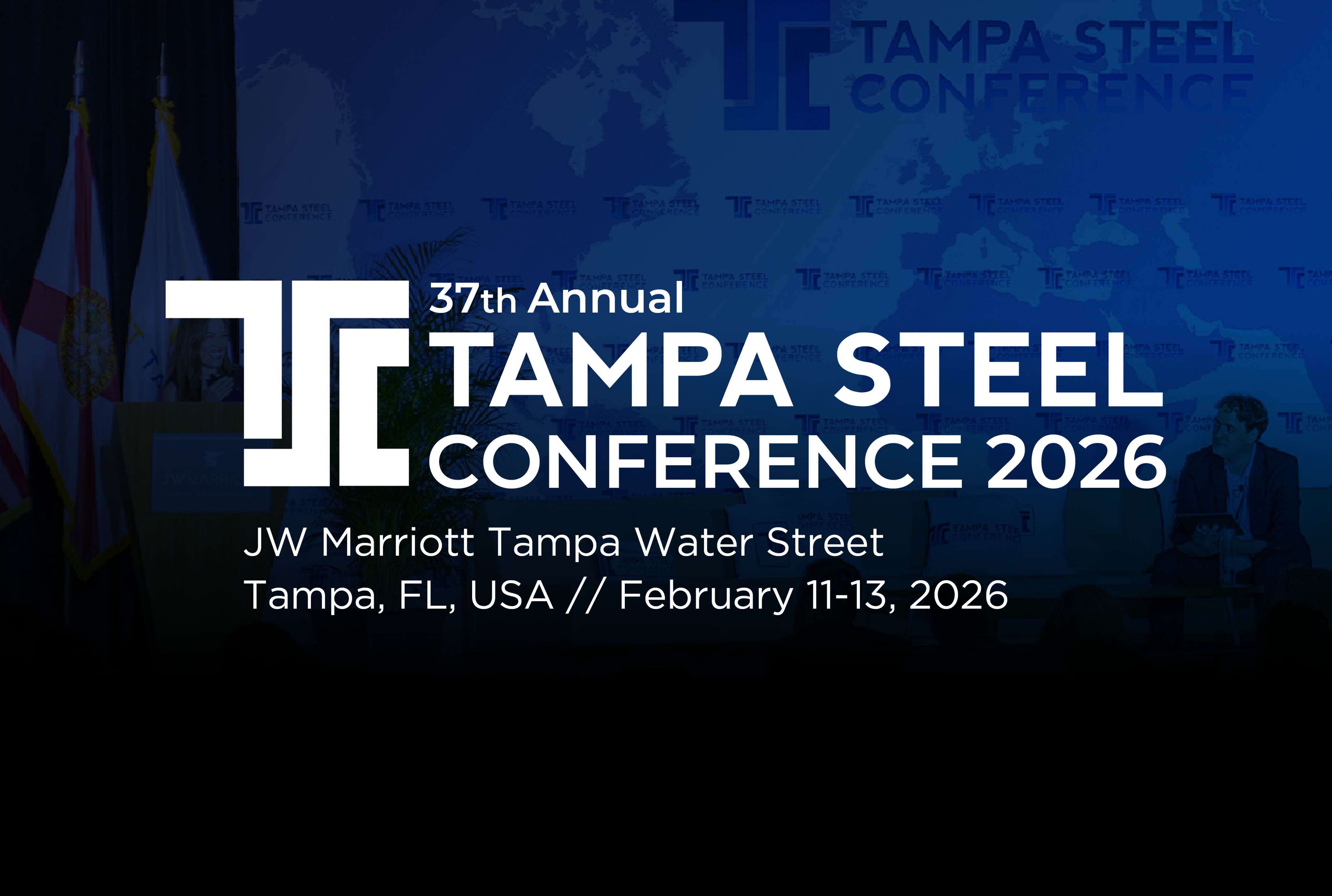Community Events

August 8, 2020
Service Center Execs: “Take It Day by Day and We Will Get Through This”
Written by Sandy Williams
“It’s official, pandemics are not great for business,” understated Mike Barnett with an ironic smile during the SMU Community Chat Webinar on Aug. 5. Barnett, President and COO at Grand Steel Products, and Lisa Goldenberg, President of Delaware Steel Co. of Pennsylvania, described the challenge of operating a service center business during the COVID-19 crisis.
Delaware Steel office staff are working remotely and, so far, employees have remained healthy. At Grand Steel Products, staff is split between the office and home. Three cases of COVID-19 (two asymptomatic and one who has recovered) caused a temporary shutdown of the plant and offices. Every employee was tested after the first infection and again before returning to work. Protective measures such as daily temperature checks and multiple weekly disinfections have become the norm.
Both Barnett and Goldenberg stressed the importance of having a team that works together and is willing to commit to safety and the continued success of the business. Calling your team “family” can sound trite, but it’s true, said Goldenberg. “Everyone is pitching in and caring for one another.”
The year started off strong for both companies and then COVID-19 delivered a devastating blow. Orders dropped off as auto plants shut down, and customers pulled back on existing orders leaving inventory to sit on warehouse floors. “COVID was just incredibly destructive,” said Goldenberg.
Demand is beginning to pick up again, said both executives, noting improvements in construction, mining, tubular and agriculture. Anything tied to energy, oil and gas is not doing great, said Barnett. He added that pipe and tube for DIY projects has been strong during the stay-at-home periods.
Quoting activity has picked up, but low prices on steel and the push to reduce inventory has hurt margins. “It was kind of like the sky was falling,” said Barnett, “and usually when the sky is falling service centers and mills are giving steel away.”
Delaware Steel specializes in sales of secondary and nonprime products. There are a variety of reasons why buyers request secondary, Goldenberg said: lower price, just-in-time availability and more creative financing. Demand for secondary has suffered from the coronavirus as well, especially since the spread between prime and nonprime prices is so narrow right now. In some cases, Barnett said, secondary steel pricing has exceeded that of prime.
Neither were sure that steel pricing has hit bottom, as is widely believed, but both were optimistic. “If we experience more outbreaks and shutdowns and pullbacks on different states, I think there may be room to go lower,” said Barnett. Goldenberg theorized that pricing will continue to fluctuate with more ups than downs. “I would say we are at the bottom until we are not,” she said.
New capacity coming online is not just concerning but confusing because of the timing, said Goldenberg. Barnett noted that more integrated mill capacity may be needed to produce the kinds of steel that only blast furnace mills can make for the auto industry. “We have to trust they are being prudent with those start-ups, making the best decisions for today and for tomorrow,” he said.
Working through disruptions and delays and figuring out new ways to do things will make survivors of the pandemic stronger in the end, said Barnett. “Take it day by day and we will get through this.”
Goldenberg added, “This [pandemic] is not for the faint of heart; it’s tough stuff. We will be stronger, leaner and meaner. I think this is here to stay for a couple of years and will be the new norm.”
Note: Join us for next week’s free webinar with Tim Gill, chief economist at the American Iron and Steel Institute. Click here for more information and to register.






